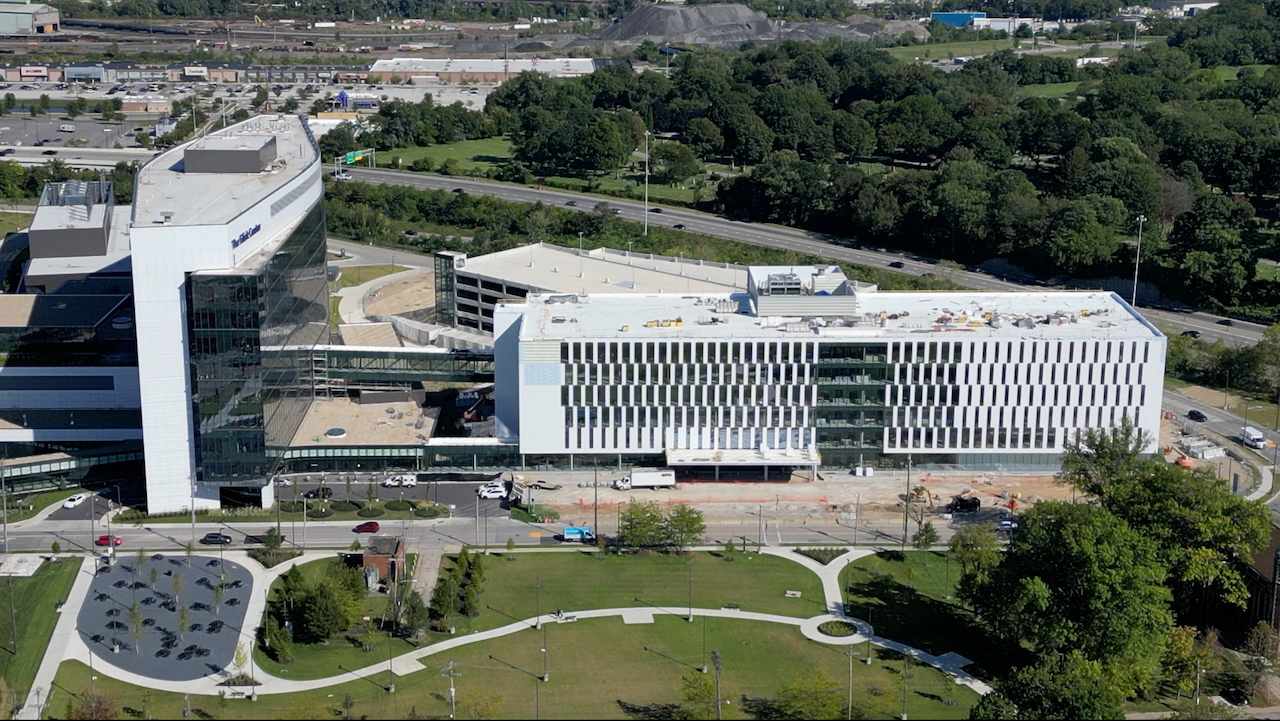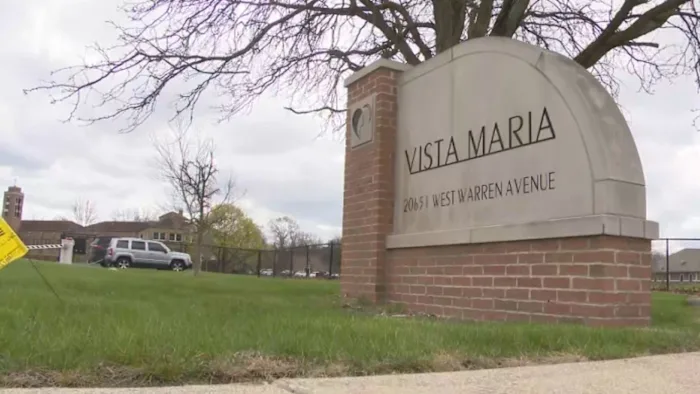Copyright cleveland.com

CLEVELAND, Ohio — MetroHealth System is projecting a $31 million budget shortfall in 2026, which would be the health system’s fourth straight year of operating losses. The health system is expected to lose $48 million in fiscal year 2025. MetroHealth trustees approved a proposed $2.2 billion 2026 operating budget and authorized submitting it to Cuyahoga County Council for final approval Wednesday. The health system’s financial outlook was discussed during a board of trustees meeting Wednesday. The anticipated budget shortfalls are part of the health system’s rocky financial picture. In recent months, MetroHealth has cut staff, closed medical sites and changed its sliding fee scale in an effort to reduce its ballooning charity care bill. Like all U.S. hospital systems, MetroHealth also faces uncertainty about future government funding. Charity care is expected to contribute to MetroHealth’s budget problems through the rest of the year, said Patrick Woods, executive director and corporate controller for MetroHealth. MetroHealth has spent $275 million on charity care in the first nine months of 2025, which equals what was spent for all of 2024, the health system said. When comparing the first nine months of 2024 against the same time period in 2025, charity care rose 40%. “It’s no secret we’ve had significant issues associated with (charity care),” Woods said. “I know that there’s been (new) policies, but it’s going to take a while for those to realize any real changes.” The rise in charity care costs directly correlates with the increase in patients paying out of pocket, Woods said. Since 2023, the percentage of patient revenue coming from self-pay rose from 4.9% in all of 2023, to 6.6% this year through September only. When patients can’t pay medical bills, or federal health insurance subsidies don’t cover the entire cost of care, hospitals cover the shortfall, which is called charity care. Patient revenue is another trouble spot in the current budget. Net patient revenue is $55 million below budget projections due to lagging discharges from primary care outpatient services, surgical cases and the Behavioral Health Hospital in Cleveland Heights, MetroHealth said. There were some bright spots in MetroHealth’s financial news. During the current fiscal quarter, MetroHealth had a positive operating income of $6.8 million. “We’re starting to realize some of the impacts from the cost-cutting strategies that we implemented earlier in the year,” Woods said. “In some of the cases, we haven’t met budget, but (we are) seeing strong year-over-year growth,” Woods said. Here are other highlights of the health system’s financial outlook: Budgets climbed: MetroHealth’s annual budgets have steadily increased from $1.6 billion in 2022, to $2 billion in 2025. Insurance mix: For the year ending Sept. 30, the health system has received nearly 30% of its patient revenue from commercial insurance, 37% from Medicare, 26.3% from Medicaid and 6.6% from self-pay. For all of 2024, patient revenue was 28.5% commercial health insurance, 36.5% Medicare, $29.2% Medicaid and 5.8% self pay. Operating expenses and revenue: Total operating expenses for 2025 are expected to be $1.6 billion, exceeding 2024’s $1.4 billion. Total operating revenue is projected to increase 8.3% from 2024 to 2025. Timeline of MetroHealth fiscal problems Here is a rundown of steps MetroHealth has taken to improve its finances: Oct: 30: In an effort to stem its ballooning charity care costs, MetroHealth launched a new financial assistance policy that reduced the amount of free charity care for some uninsured and underinsured Cuyahoga County residents. Oct. 17: MetroHealth announced the closure of its new Psychiatric Emergency Department at the Cleveland Heights Medical Center to take effect Dec. 31. Aug. 25: MetroHealth announced the closure of six Cleveland-area outpatient centers. July 24: MetroHealth announced it was laying off about 125 employees, mostly in administrative positions.



